


Subject headings "collocate" (bring together) all materials that the library owns on a particular topic or in a particular format. While simple keyword searches are sufficient to locate most of these resources, a subject heading search will often have much greater recall -- it will bring back everything on a topic -- and much higher precision -- it will bring back only those things related to a topic. In other words, your results will be fewer and successful hits will be higher.
The subject headings used in the card catalog and online catalog are standardized Library of Congress terms, which may be “subdivided” (made more specific) by geographic area, chronological period, genre, or sub-topic. The language of subject headings is not at all intuitive or natural, so you shouldn’t hesitate to ask a librarian for help in finding the correct subject headings.
A good way to identify subject headings for a topic is to do a keyword search in the catalog using terms you think describe the topic in order to identify a few relevant books. Look at the full record for those books to see what subject headings were used, then do another search on those headings.
As a rule of thumb, use fairly broad headings, as well as the specific ones that describe your topic, in order to make sure you haven't inadvertently eliminated relevant material that is contained within works of larger scope. Most likely you will find multiple headings to describe your topic, and you should use all of them. You can narrow your search in the online catalog by combining subject headings (as a phrase) with keywords, using the “Advanced Search” option.
Examples of Library of Congress Subject Headings (LCSH)
Applied Ethics
Metaphysics -- History
Philosophy of nature -- United States -- History -- 19th Century
God, proof of
Logic, Symbolic and mathematical -- Congresses
Art -- Philosophy
Rationalism in religion
Philosophy, Ancient -- Poetry
If you're having trouble formulating search terms, the Library of Congress Subject Headings in Philosophy: A Thesaurus might be helpful. Written by Barabara L. Berman, this book gathers together all of the Library of Congress Subject Headings relavent to philosophy and related topics. Like a traditional thesaurus, it is arranged with broader, narrower, and related terms, in addition to "nodes," which indicate the field of philosophy under which the subject heading falls (e.g. metaphysics, ethics, etc.) It is available in the Reference section of the History, Philosophy, and Newspaper Library, on the north wall, call no. Q. 025.491 L616.
If you would like to browse through the books in the History, Philosophy, and Newspaper Library, below you will find a breakdown of the Dewey call numbers. Currently, these books can be found on the second and third row shelving units; the first unit contains books in both philosophy and history that have been recently acquired, so be sure to look there as well. Because space is limited here in the HPNL, most of our collection is in the Main Stacks, just around the corner. UIUC faculty, graduate students, and staff can access the stacks by presenting a valid I-Card, while undergraduate students can request a Bookstacks pass at the Main Circulation Desk or in Room 202 Main Library.
The Library has also established specific call numbers for indivudal philosophers. Below is just a sampling. You can find a much more complete list upon request.
Don't forget to explore our rich microform holdings, in the back of the library and up the stairs (Deck 6). Although there isn't much film classified in the 100's, you will find surprises scattered throughout the collection. These range from works by Kant and his commentators in the 830s (German literature) to Heraclitus' fragments in the 880s (Greek literature).